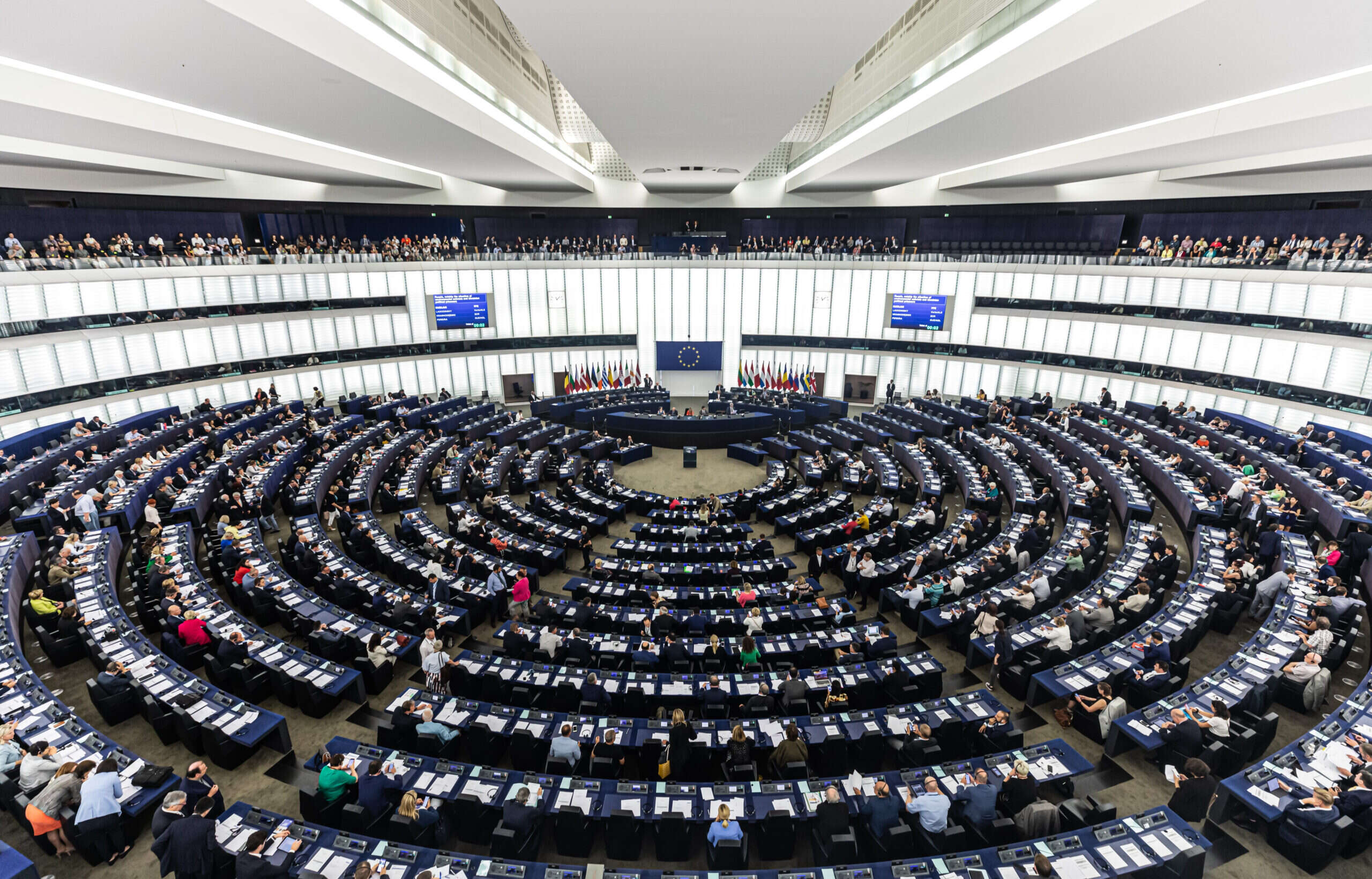
The European Parliament website was shut down for seven hours yesterday after a DDoS attack executed by Russian cybercrime gang Killnet. The attack followed the parliament declaring Russia a “state sponsor of terrorism.” Killnet has implemented similar cyberattacks on government websites of numerous other supporters of Ukraine since the Russian invasion earlier this year.

The European Parliament network was knocked offline following its formal declaration classifying Russia as a sponsor of state terrorism. “Following the atrocities carried out by Vladimir Putin’s regime against Ukrainian civilians, MEPs have recognised Russia as a state sponsor of terrorism,” a statement released yesterday says.
European Parliament hit by DDoS attack
Hours after the declaration, the European Parliament went offline, with Killnet soon claiming responsibility via a post on Telegram.
Many members of the European Parliament were tweeting their distress at the apparent revenge for Russia’s terrorist sponsor classification. President of the European Parliament, Roberta Metsola tweeted, “The European Parliament is under a sophisticated cyberattack.”
The @Europarl_EN is under a sophisticated cyberattack. A pro-Kremlin group has claimed responsibility.
— Roberta Metsola (@EP_President) November 23, 2022
Our IT experts are pushing back against it & protecting our systems.
This, after we proclaimed Russia as a State-sponsor of terrorism.
My response: #SlavaUkraini
German MEP Alexandra Geese also tweeted: “This morning Russia was designated as a terrorist state in an official resolution. This afternoon the entire network collapses in the European Parliament.”
While the attack was successful, sources familiar with the situation are doubtful that it was particularly sophisticated. DDoS kits are easily available online and can be implemented by most with any rudimentary IT knowledge.
Killnet has attacked numerous allies of Ukraine
Killnet has attacked numerous other government networks of countries that publicly support Ukraine. “Killnet’s aim is to make Europeans pay for their unequivocal support of Ukraine and punish Western governments for their anti-Russian sentiment,” Stefan Soesanto, a researcher at the Centre for Security Studies at ETH Zurich, told Politico.
Countries previously hit by the group include Lithuania, which has been subjected to a string of attacks, and Japan.
The gang attacked websites belonging to Italy’s Ministry of Defence, Senate and National Health Institute in May of this year. German public sector sites were also targeted by the gang. Websites for its Ministry of Defence, Bundestag, Federal Police and several state police authorities were knocked offline in March. Killnet later claimed responsibility.
Earlier this week, the gang claimed to have attacked several UK websites by implementing DDoS attacks on the official website for the Prince of Wales, the London Stock Exchange and the British Army website, which briefly had a “planned maintenance” notice on its site on Tuesday. This attack has not been confirmed.






